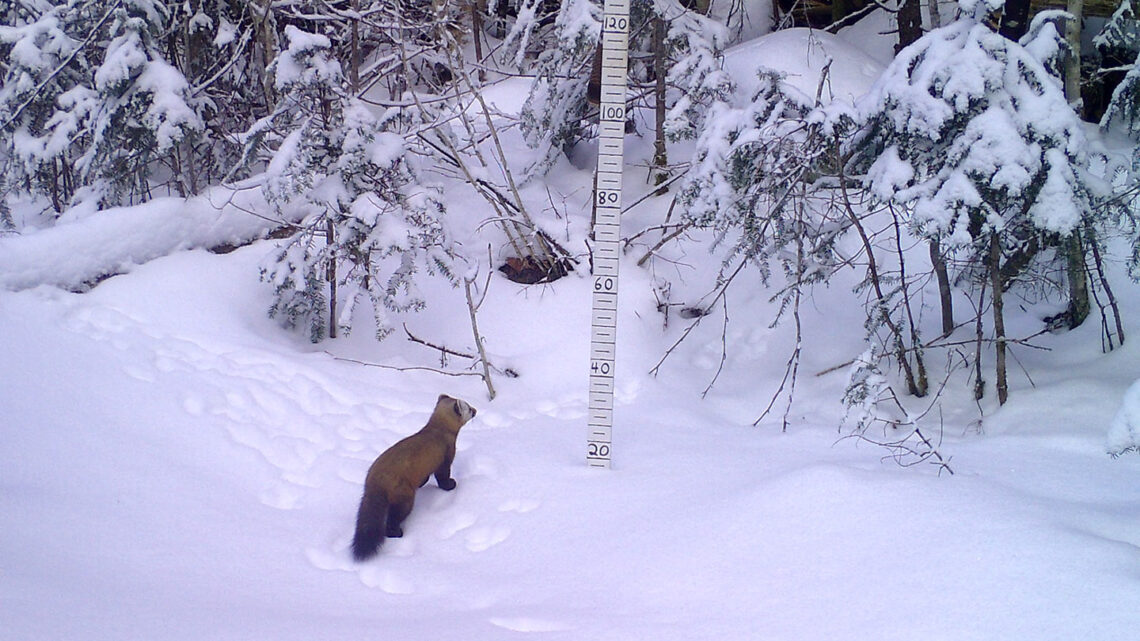A soft, thick coat of snow makes a lot of the world seem to slow down or even stop — at least temporarily. The fluffy piles absorb sound and make the world quiet and still.
But deep underneath, in pockets between the snow and the ground, life goes on. This is the subnivium — a tiny ecosystem all its own.
Here under the white stuff, roots, small mammals, microbes, insects and even birds thrive. They use the subnivium to make the most of the winter months — hunting, breeding, breaking down leaves and more. All those cold-weather activities help determine which plants and animals (including insects) thrive during the snow-free seasons.
But this seasonal ecosystem is in danger. Climate change is making winters warmer. Much of the precipitation that used to fall as snow now pours out of the sky as rain. Snow covers less ground and for less time. No snow means no subnivium. And as this snowy ecosystem shrinks, a host of organisms might pay the price.
Their loss could change the way forests function all year round, scientists have found. Several groups are working to understand what is going on in the world below the snow and how it’s responding to our warming world. To save the subnivium, not only should we fight climate change — we need to save the snow itself.
A natural igloo
In places like the northern United States and Canada, a snowfall doesn’t always melt right away. Winter weather can stay cold enough for snow to stick around for days, weeks or more. It piles up, forming a snowpack. Some spots are deep enough for people to ski on. Once that snowpack gets deep enough, a new ecosystem forms beneath it.
“About 15 centimeters [or six inches of snow] is when you start to see the…
Read the full article here

